2023 AcceptAbility Gala Social Media Images
June 6th, 2023 by Global Down Syndrome Foundation
Right-click to “save image as” and download. Thank you!
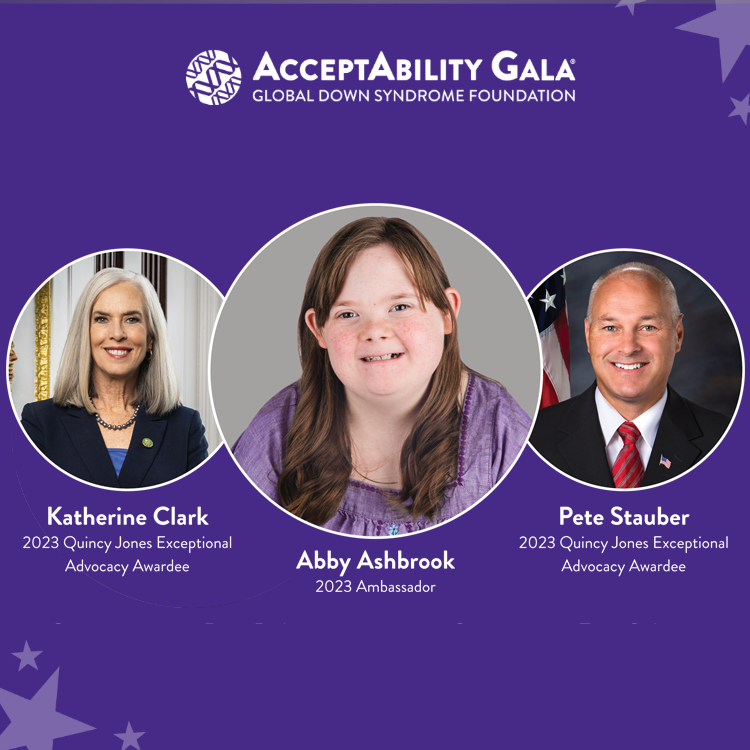
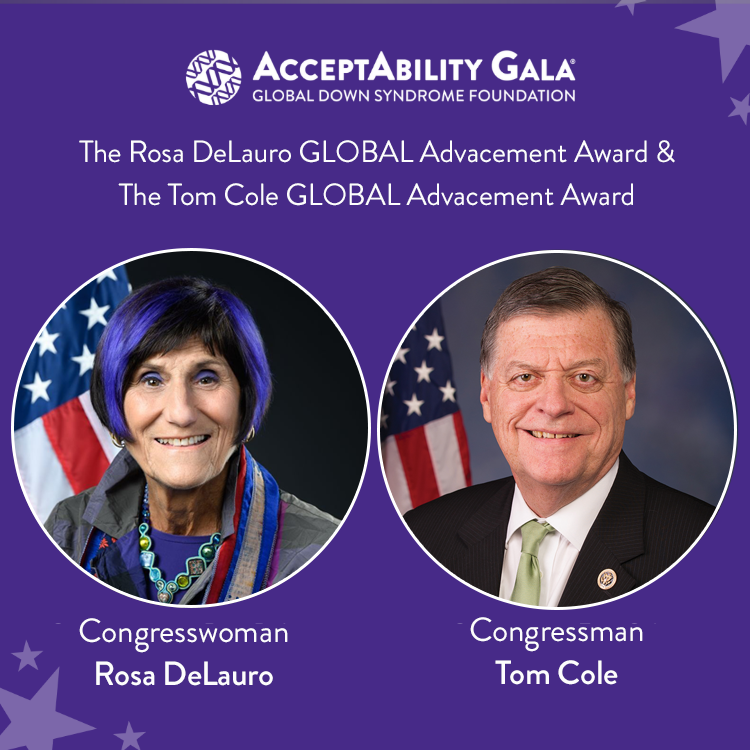
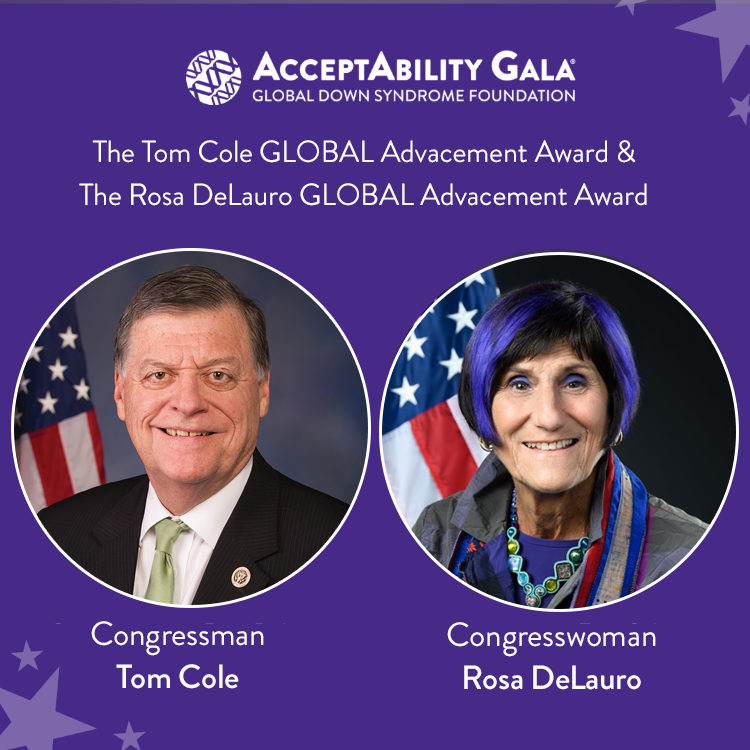
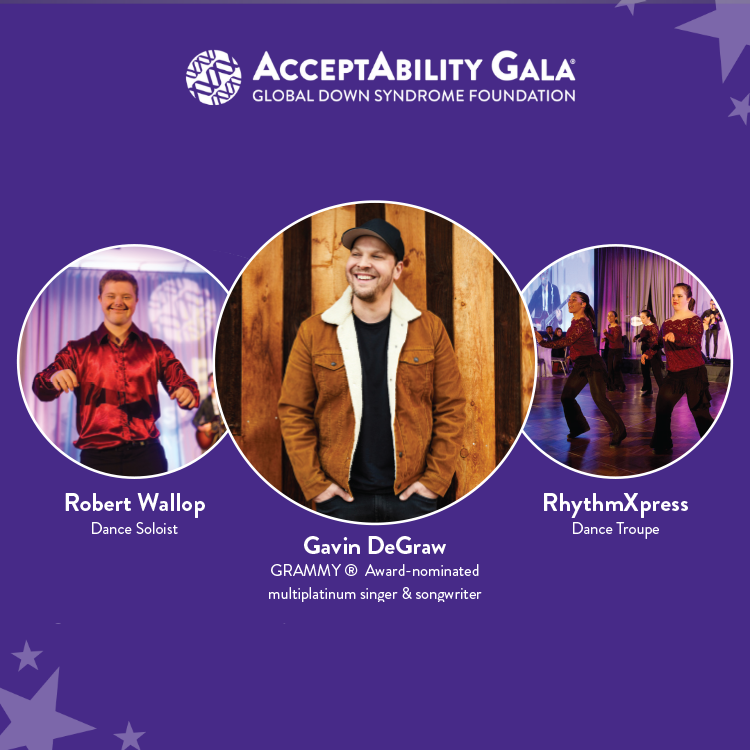
test
January 5th, 2023 by Global Down Syndrome Foundation
Science MINDS: Michelle Sie Whitten, President, CEO & Co-Founder of Global Down Syndrome Foundation
October 19th, 2022 by Global Down Syndrome Foundation
New NIH-funded Study Will Investigate a Debilitating Condition Known as Down Syndrome Regression Disorder (DSRD)
September 29th, 2022 by Global Down Syndrome Foundation
Denver, CO, September 29, 2022 – Scientists and physicians from the Linda Crnic Institute for Down Syndrome at the University of Colorado, Children’s Hospital Colorado (CHCO), and Children’s Hospital Los Angeles (CHLA) have teamed up to identify effective treatments for persons suffering from Down Syndrome Regression Disorder (DSRD).
This new study, which will be funded over five years by a $5.3 million grant from the Eunice Kennedy Shriver National Institute for Child Health and Human Development (NICHD), is a first-in-kind holistic investigation into the potential causes of DSRD as well as promising therapeutic approaches for this debilitating condition affecting a small but growing percentage of adolescents and young adults with Down syndrome. The multidisciplinary team is led by Dr. Joaquín Espinosa, executive director of the Crnic Institute, Dr. Elise Sannar, assistant professor of psychiatry at CHCO, and Dr. Jonathan D. Santoro, director of neuroimmunology and assistant professor of neurology and pediatrics at CHLA and the Keck School of Medicine at the University of Southern California. The Crnic Institute is an affiliate organization of the Global Down Syndrome Foundation (GLOBAL) and the largest center for Down syndrome research in the world.
DSRD is a severe neurological condition with symptoms such as acute loss of speech, inability to perform activities of daily life, catatonia, hallucinations, delusions, depersonalization, insomnia, and aggression. Although rare, adolescents and young adults with Down syndrome seem to be at higher risk for this condition.
Lina Patel, PsyD, associate professor of psychiatry at the University of Colorado School of Medicine, and member of the Crnic Institute research team says, “DSRD is often described as a condition whereby a person withdraws into their own inner world. Many common daily activities are suddenly disrupted, such as going to the bathroom, eating, communicating with others – it all goes away suddenly, and they lose a lot of the skills they’ve gained over the course of their life.”
Eileen Quinn, MD, is an associate professor of pediatrics at the University of Toledo College of Medicine and Life Sciences and manages a Facebook group for families and medical professionals searching for answers about DSRD. She started the group after her own daughter Sara, who has Down syndrome, began showing signs of regression.
“I was terrified, because I could tell what it was, and I knew there were no good answers.”
Before experiencing regression, an evaluation from Sara’s elementary teacher read, ‘Sara has a sparkly personality’ and, ‘many friends who want to spend time with her.’ But, after starting middle school, Sara suddenly became withdrawn, unable to make eye contact, and developed repetitive, ritualistic behaviors among other symptoms.
“To lose her like that, so abruptly and completely… it was just horrible,” says Quinn.
According to Quinn, it has taken years of seeking treatment and trying numerous medications and therapies to see some improvement, but she believes Sara is not as capable as she could be with more effective treatments.
It is stories like Sara’s that inspired this multidisciplinary research team to develop an ambitious study of the causes and potential treatments for DSRD.
Currently, the true cause of DSRD is unknown. Until recently, it was considered a strictly psychiatric condition and was often misdiagnosed as more common conditions such as autism spectrum disorder (ASD) or early-onset Alzheimer’s disease in people with Down syndrome. However, emerging research from members of this team has revealed a possible immune mechanism in some patients.
“A growing body of evidence is pointing to dysregulation of the immune system as a possible mechanism underlying DSRD,” says Dr. Espinosa. “Research at the Crnic Institute has shown that individuals with Down syndrome experience chronic hyper-inflammation throughout their lifetimes and are highly predisposed to develop autoimmune conditions. In many ways, DSRD resembles neurological conditions where the immune system attacks the brain, such as autoimmune encephalitis.”
This new research study will focus on investigating the role of the immune system in DSRD as well as comparing current treatments to find the most effective option. To do this, the team will conduct a research-intensive clinical trial to compare the safety and efficacy of three alternative therapeutic approaches, including two immune-modulatory medicines known as intravenous immunoglobulin (IVIg) and tofacitinib (marketed as Xeljanz), and the psychiatric drug Lorazepam, a benzodiazepine commonly used to treat catatonia and other symptoms of DSRD.
Dr. Santoro, a trained neuroimmunologist and leading expert in the clinical management of DSRD, has seen promising results treating the condition with multiple immuno-modulatory medicines, especially in patients who present diagnostic abnormalities indicative of inflammation affecting the brain.
“We have seen patients with Down syndrome who had not spoken or moved in two or three years start running down the hall and speaking within weeks of receiving some of these treatments,” said Santoro. “However, it is not clear yet which patients will benefit the most from a given therapy.”
“This is an important study that will compare three different promising treatments acting through diverse mechanisms and which could identify biomarkers to match patients to their best therapeutic option,” Dr. Sannar added.
“We are so pleased that GLOBAL’s advocacy work with our self-advocates, Congressional Champions and NIH has led to the establishment of INCLUDE, the trans-NIH Down syndrome research project,” says Michelle Sie Whitten, President & CEO of GLOBAL. “INCLUDE-funded clinical trials specifically for people with Down syndrome, such as the DSRD study, have led to a renaissance in Down syndrome research and care. We are deeply grateful to our scientists, NIH and our amazing Down syndrome community for investing in GLOBAL’s work to elongate life and improve health outcomes.”
To learn more, please email DSResearch@cuanschutz.edu.
About the Linda Crnic Institute for Down Syndrome
The Linda Crnic Institute for Down Syndrome is one of the only academic research centers fully devoted to improving the lives of people with Down syndrome through advanced biomedical research, spanning from basic science to translational and clinical investigations. Founded through the generous support and partnership of the Global Down Syndrome Foundation, the Anna and John J. Sie Foundation, and the University of Colorado, the Crnic Institute supports a thriving Down syndrome research program involving over 60 research teams across four campuses on the Colorado Front Range. To learn more, visit www.crnicinstitute.org or follow us on Facebook and Twitter @CrnicInstitute.
About Global Down Syndrome Foundation
The Global Down Syndrome Foundation (GLOBAL) is the largest non-profit in the U.S. working to save lives and dramatically improve health outcomes for people with Down syndrome. GLOBAL has donated more than $32 million to establish the first Down syndrome research institute supporting over 400 scientists and over 2,200 patients with Down syndrome from 33 states and 10 countries. Working closely with Congress and the National Institutes of Health, GLOBAL is the lead advocacy organization in the U.S. for Down syndrome research and care. GLOBAL has a membership of over 120 Down syndrome organizations worldwide, and is part of a network of Affiliates – the Crnic Institute for Down Syndrome, the Sie Center for Down Syndrome, and the University of Colorado Alzheimer’s and Cognition Center – all on the Anschutz Medical Campus.
GLOBAL’s widely circulated medical publications include Global Medical Care Guidelines for Adults with Down Syndrome, Prenatal & Newborn Down Syndrome Information, and the award-winning magazine Down Syndrome World TM. GLOBAL also organizes the Be Beautiful Be Yourself Fashion Show, the largest Down syndrome fundraiser in the world. Visit globaldownsyndrome.org and follow us on social media (Facebook & Twitter: @GDSFoundation, Instagram: @globaldownsyndrome).
Press Contacts
Chelsea Donohoe
chelsea.donohoe@cuanschutz.edu
662-312-8953
Anca Elena Call
acall@globaldownsyndrome.org
720-320-3832
NIH-funded Project Data Hub Aims to Revolutionize Down Syndrome Research With the Crnic Institute
June 6th, 2022 by Global Down Syndrome Foundation
2022 AcceptAbility Gala Social Media Photos
May 20th, 2022 by Global Down Syndrome Foundation
Right-click to “save image as” and download. Thank you!
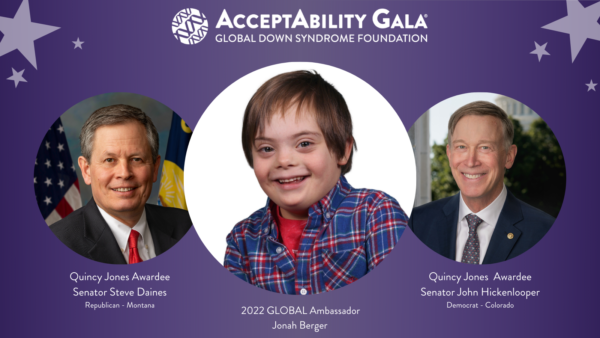
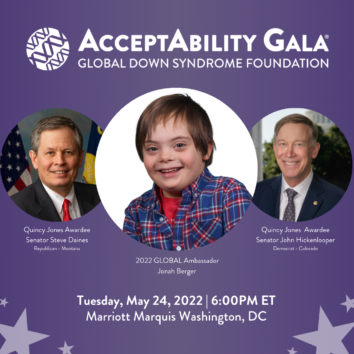
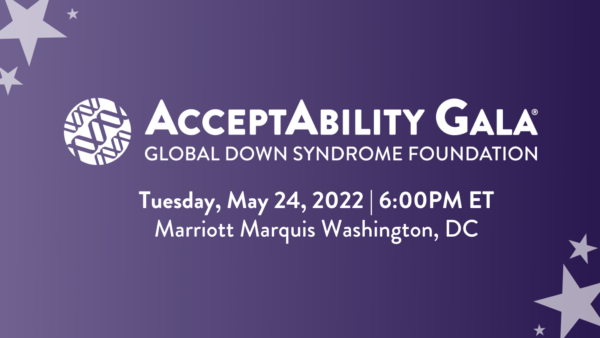
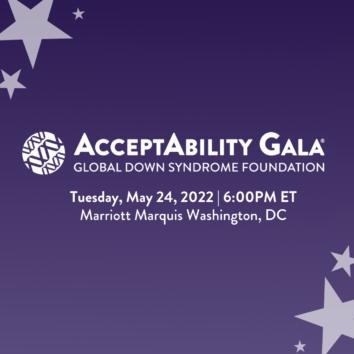
GLOBAL Applauds Final Action on FY2022 Federal Spending Law that Includes $10 Million Increase for NIH Down Syndrome Research through the INCLUDE Initiative
March 16th, 2022 by Global Down Syndrome Foundation
Approved Photo for CMS Communications
March 16th, 2022 by Global Down Syndrome Foundation

An Infectious Personality with Impeccable Style: Memories of Von Miller Off the Field
November 2nd, 2021 by Global Down Syndrome Foundation
2021 Giving – GLOBAL Among Top Nonprofits in Colorado to Support This Fall
October 30th, 2021 by Global Down Syndrome Foundation

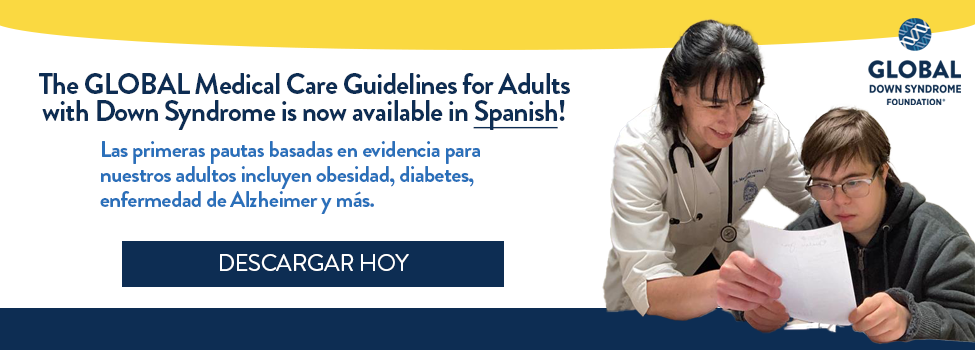
 Experience our inspirational and groundbreaking videos and photos. Our children and self-advocates are beautiful AND brilliant!
Experience our inspirational and groundbreaking videos and photos. Our children and self-advocates are beautiful AND brilliant! Make sure your local Representatives are on the Congressional Down Syndrome Task Force.
Make sure your local Representatives are on the Congressional Down Syndrome Task Force.